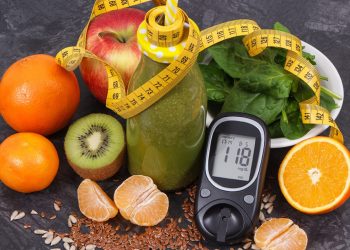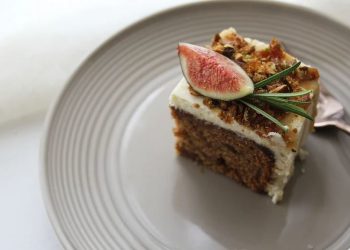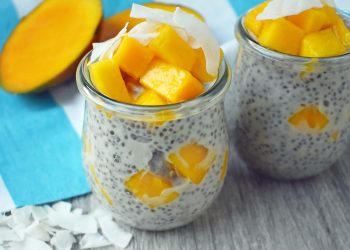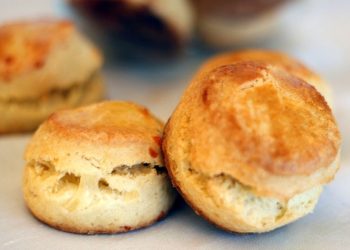Rearing a baby is no easy task and navigating through resources of research studies can be daunting. There are Dos and Don’ts around every corner, and feeding your infant is full of Donts. This list of 10 foods you should never give babies is a general overview with a brief explanation – we are in no way a reputable medical journal and caution should be taken before administering any kinds of new food to your precious babe.
Print this list off and tape it to the discreet side of your refrigerator – you know, the side that no one can see unless they’re chopping onions at the counter.
COW’S MILK
Don’t replace breast milk with cow’s milk until a child’s first birthday, at least. It’s much more difficult for a baby’s stomach to digest the proteins, and cow’s milk can contain minerals that damage a baby’s kidneys.

FRUIT JUICE
Skip the fruit juice for at least the first six months. It’s full of sugar and doesn’t offer any nutrition you can’t find in whole fruit. Plus, little tummies can be sensitive to highly acidic beverages like orange juice. If you are reaching for juice, go with something better for soft stomachs — pear, apple or grape — and dilute it with some water.
REFINED GRAINS
Refined, or “white,” grains are stripped of much of their natural nutrients during the refining process. Babies are better off with 100-percent whole grain breads, pastas, cereals, rice and crackers.
SMOKED & CURED MEAT
New studies have shown smoked, cured or barbecued meats contain high levels of nitrates, which have been linked to an increased cancer risk. Things like bacon and sausages are also high in sodium and full of animal fats — neither of which are great for your baby.

SUGAR & CANDY
Sugary sweets and candies present a three-fold problem for babies; they’re loaded with sugar, which can alter the developing taste foundations in your little one — not to mention keep they up all night more than they already are. Many candies — M&M’s, Skittles and the like, also present a choking hazard.
ALLERGENIC FOOD
Foods known to commonly produce allergic reactions — things like eggs, peanuts, wheat, certain citrus fruits, shellfish, strawberries and tomatoes — used to be off-limits until age 1. However, today’s pediatricians recommend starting to introduce these foods between 6 to 11 months to get this – prevent food allergies from developing. Even so, introduce allergenic foods slowly, one at a time, and keep careful watch for a reaction of any kind.
CHOCOLATE
It’s full of sugar and caffeine; you definitely don’t want to give this to your little one if you hope to sleep through the night. Chocolate is also bad for baby’s developing teeth. If you do allow a piece of chocolate here and there, make sure it’s followed with a tooth-brushing.
CERTAIN VEGETABLES
Spinach, beets, collard greens and lettuce are known to contain levels of nitrates too high for your baby’s stomach to properly process. Their stomach acid isn’t strong enough to break these nitrates down, which hinders blood’s transfer of oxygen throughout the body. When you do want to serve your little one vegetables, cooked sweet potatoes, peas and squash are soft, low-nitrate and full of vitamins.

EGG WHITES
Since egg allergies can cause dangerous symptoms in young children, many pediatricians do not recommend serving egg whites until the baby is older than one year; yolks generally tend to be safer. Your pediatrician will recommend a good time to introduce egg whites. Of course, always make sure eggs are completely cooked before serving.
PEANUT BUTTER
Thick and sticky, peanut (and other nut) butter can present a choking hazard in babies. Beyond that, it’s best to keep baby away from solid foods that are commonly allergenic for at least the first few months.

Contributed by Arpha Shah




